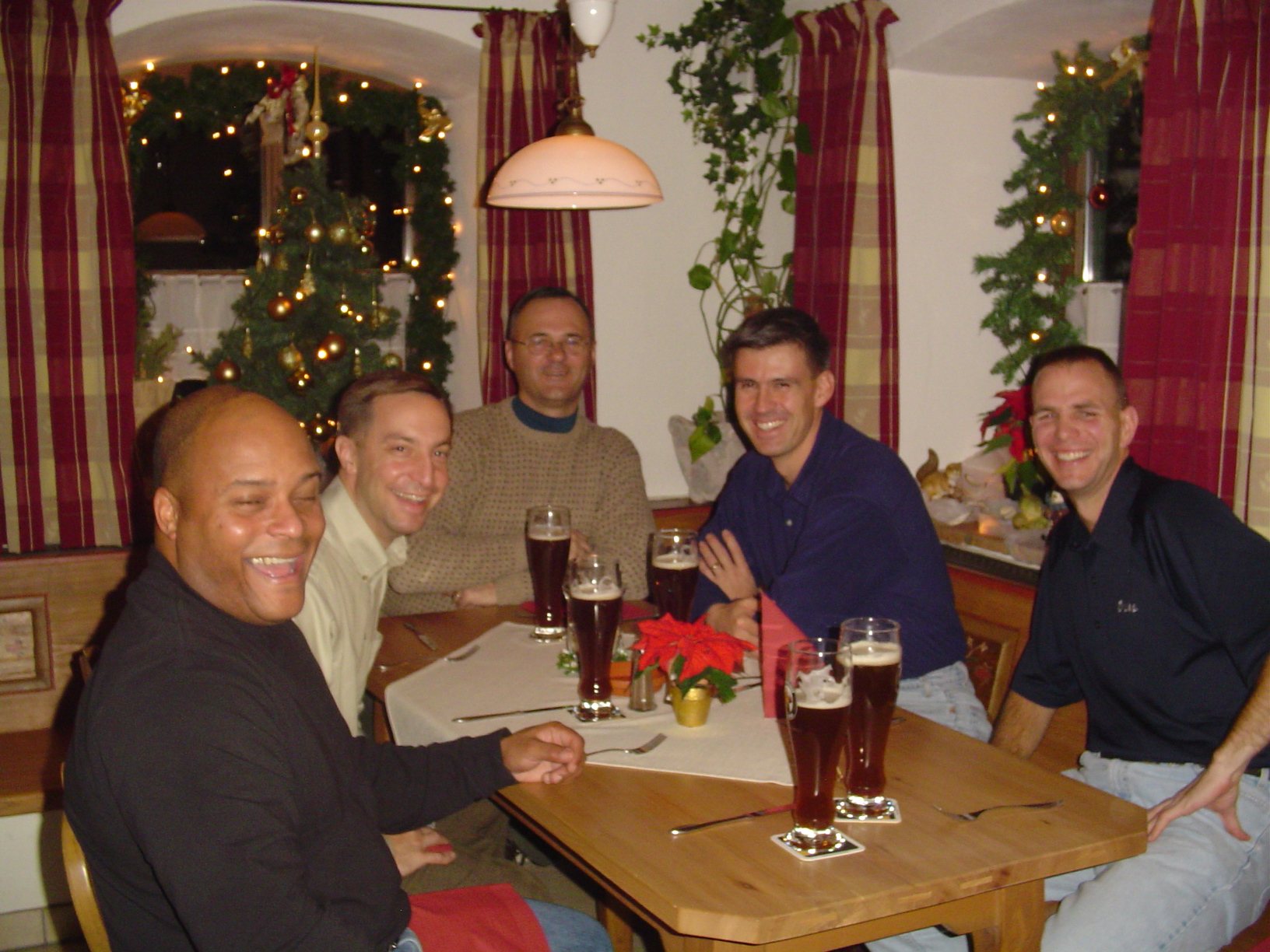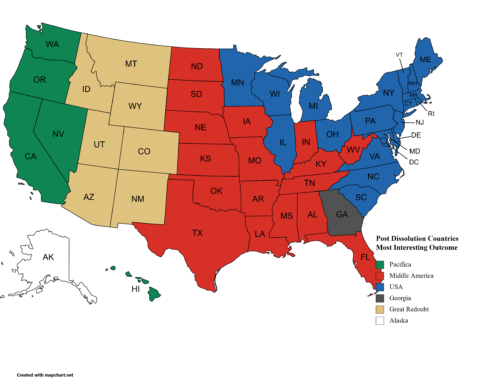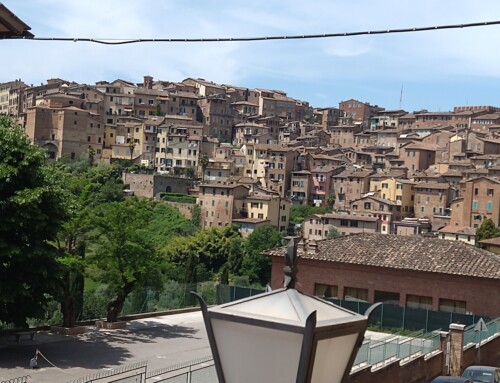We need to talk. We need to listen. We need to love. Everyone. Our neighbors. Those who aren’t our neighbors.
The promise of technology, the internet and social media was that people would be able to get together in virtual communities. The reality is that people have used the information revolution to increasingly associate with people who are like themselves. People now use the internet to find neighborhoods to live in — and the criteria includes, if not is dominated by, who else lives there. People the world over now read newspapers and magazines that focus on a specific point of view to the exclusion, or more likely, the vilification, of other points of view. The result is people who increasingly know and associate only with others who look and think like themselves. For a well-functioning democracy, this is really not good.
In bygone days, social, commercial, and political realities required people to know and interact with all others in their local communities. If you were insufferable, it was difficult to conduct business and find friends. People had to work together to identify and solve problems at the local level. You interacted with people of different socioeconomic strata. You didn’t necessarily share dinner tables with people who thought differently from you, but you knew who they were and interacted with them cordially and professionally.
Not so today. The overwhelming sound bite from each side of the political continuum on election night was people saying they didn’t know anyone who voted for the other side. That is stunning and ought to make us all wonder why it is accepted as normal to not know people who don’t think just like us. Furthermore, we have gone beyond separating ourselves to feeling disdain and contempt for those who might have the temerity to think differently from us.
Who are we willing to listen to? Who are we willing to talk to? Are we willing to learn about others and their deeply held beliefs and what motivates them or are we more willing to accept a literally divided country made up of divided states and communities which remain so until some eventual deterioration of the community which forces everyone who can to leave.
Are we beyond the point of no return? Beyond the point of reconciliation? I don’t think so. I’m not willing to believe that everyone who voted for Hillary Clinton was seeking to enable corruption, lies and an out-of-touch elite. I’m not willing to believe that everyone who voted for Donald Trump is a racist or bigot. It is possible that many people genuinely want to see the system upended and changed. It is possible that many people genuinely thought status quo was more palatable than a someone they believed was undisciplined and inexperienced. These beliefs don’t make their holders bad people, unworthy of recognition and deserving derision.
So what might happen in the next few months? First, the elites of both parties and within the media need to look in the mirror and acknowledge that they really blew it when they dismissed the depth and strength of the change movement as evidenced by Bernie Sanders and Donald Trump. Both of them ran against the very elites who looked past their bases. These elites, especially the media, claim they didn’t understand the electorate. In truth, they didn’t listen to the electorate. That electorate was very clear in their message. Those on the right turned out to vote. Many of those on the left stayed home.
The elites will have to acknowledge that they do not have the level of respect or influence they thought they had. These elites really might just have a chance to regain some measure of respect among the people, but that line is tenuous. To do so they will have to actually acknowledge that there are people out there who form opinions on their own. That people can feel isolated despite being told they are or will be fine. That just because they can’t imagine something happening, doesn’t mean it won’t.
Both parties will decide who they are and whether they want to continue their run to the outside rather than the center. It used to be that radicals were those on the outside fringes. Today both parties see the as radicals those in the middle. The Democrats traditionalist wing who supported Clinton will have a strong challenge for leadership from the young and disaffected who think someone else would have won Tuesday night. Likewise, Republicans will have a challenge between isolationists who tend to think their culture is under multicultural attack, and those who wish to expand the base.
After the 9/11 attacks, people in NY gave what they had to total strangers. One shopkeeper gave away his entire stock of shoes to those who came out of the buildings shoeless but had to walk home. Others opened their apartments to those who could not cross the rivers to get to their own homes. People didn’t ask what party affiliation their fellow survivors were. They didn’t inquire about family lineage, religious affiliation or turn away those of different races.
It can be thus again. If we need another attack on this country to make us look past our differences, then heaven help us. The real lesson I got out of Orson Scott Card’s seminal Ender’s Game is that you can’t truly defeat your enemy until you know him. You cannot know him until you love him. Once you love him, you probably won’t want to defeat him. We’ve worked hard as a society to not have to know each other. We have a small window of opportunity to change that. Let us not allow it to pass.






[…] right to be wrong, but that they would then have to live with consequences of their decisions. In the fall of 2016 we wrote about people moving apart politically and socially and being unwilling …with opposite points of […]